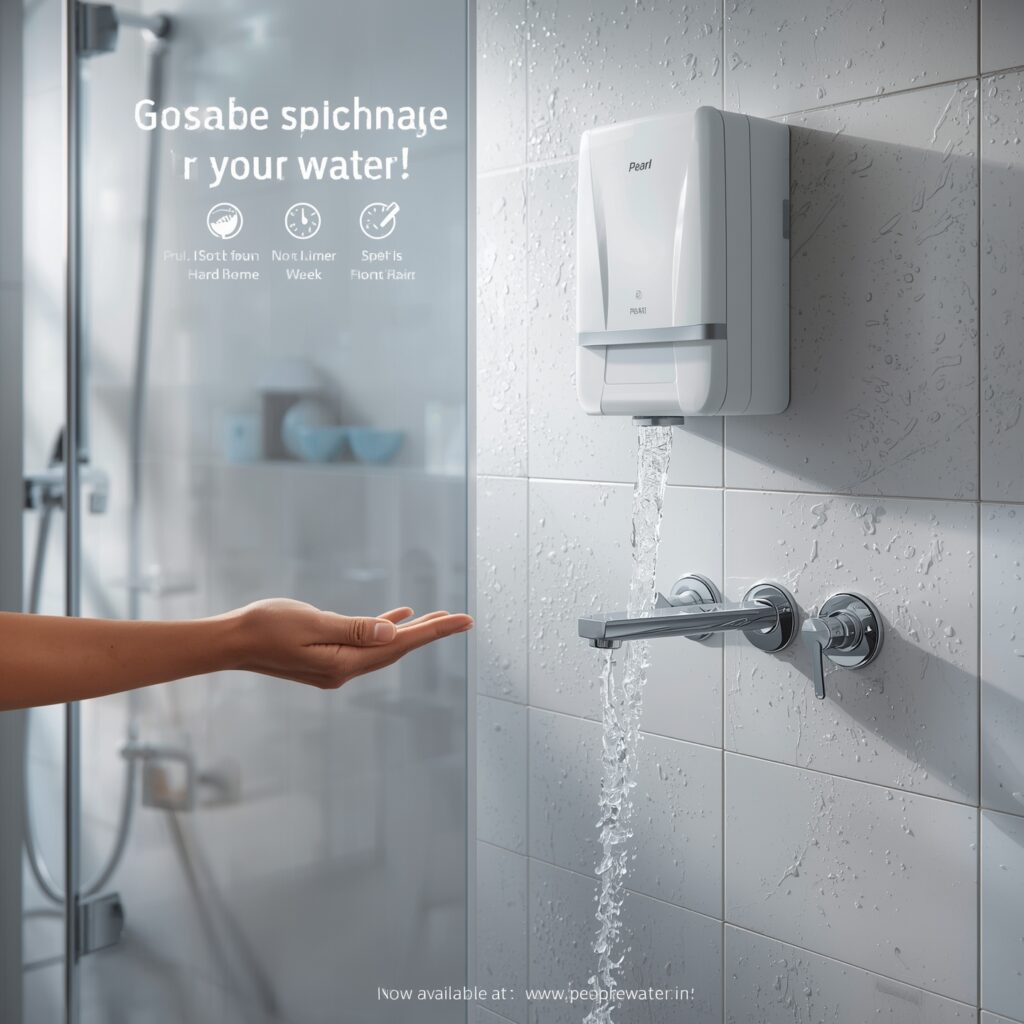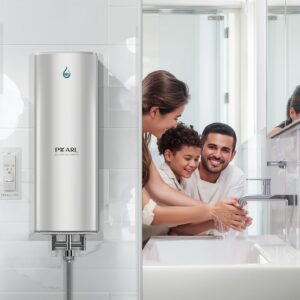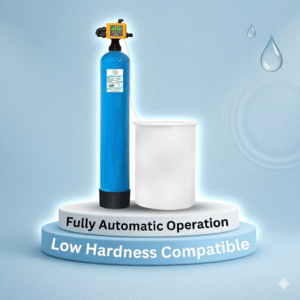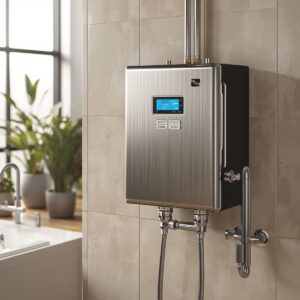Discover India’s top-rated water softeners by Pearl Water Technologies. Solve hard water issues—hair loss, dry skin, appliance damage—with ISO-certified, affordable, fully-automatic solutions. Browse capacities from 250 LPH to 3000 LPH.
Table of Contents
Introduction
What Is a Water Softener?
How Does a Water Softener Work?
Benefits of Using a Water Softener
Why Choose Pearl Water Softeners?
How to Select the Right Water Softener
Price Range & Available Models
Conclusion
FAQs
Introduction
Hard water is a common problem in many parts of India, especially where groundwater is the main source. It contains high levels of calcium and magnesium, which cause scaling in pipes, reduce appliance life, and dry out skin and hair. A water softener is the perfect solution to these issues. Pearl Water Technologies offers ISO-certified, advanced water softeners designed for Indian water conditions—ensuring soft, safe water for your entire home or specific applications like bathrooms and geysers.
What Is a Water Softener?
A water softener is a filtration device that removes hardness-causing minerals from water. It replaces calcium and magnesium ions with sodium or potassium ions, making the water “soft.” This prevents limescale buildup and makes cleaning easier while protecting plumbing and appliances.
How Does a Water Softener Work?
The main principle is ion exchange:
Hard water passes through a resin bed inside the softener.
Resin beads are coated with sodium or potassium ions.
Calcium and magnesium ions from hard water stick to the resin and are replaced by sodium/potassium ions.
Over time, the resin gets saturated and requires regeneration using a brine solution (salt water).
Benefits of Using a Water Softener
✅ Protects Appliances – Prevents scaling in geysers, washing machines, and dishwashers.
✅ Better Skin & Hair Health – Soft water helps keep skin hydrated and hair smooth.
✅ Saves Money – Reduces detergent/soap usage and increases appliance lifespan.
✅ Effortless Cleaning – No more white spots on dishes or stains on bathroom fixtures.
Why Choose Pearl Water Softeners?
ISO-Certified Quality – Reliable performance for years.
Customized Capacities – From 250 LPH to 3000 LPH, for homes or commercial setups.
Automatic & Semi-Automatic Options – Choose according to convenience and budget.
Durable Resin & FRP Vessels – Long life and low maintenance.
Expert Installation & Support – Hassle-free setup and servicing.
How to Select the Right Water Softener
Water Source – Borewell water usually has more hardness than municipal water.
Hardness Level – Measured in PPM; higher hardness needs higher resin capacity.
Usage Requirement – Small bathroom: 250–500 LPH; Whole house: 1000–3000 LPH.
Budget & Features – Choose between fully automatic or semi-automatic based on convenience.
Price Range & Available Models
Pearl Water softeners are available from ₹8,000 to ₹50,000 depending on:
Capacity (LPH)
Automation level
Material quality
You can explore the full range here: https://pearlwater.in/water-softeners
Conclusion
A Pearl Water Technologies water softener is an investment in your home’s health and comfort. It safeguards appliances, improves skin and hair quality, and reduces cleaning effort. With a variety of models tailored for Indian water conditions, you can choose the perfect fit—whether for one bathroom or the entire house.
Get yours today: https://pearlwater.in/water-softeners
FAQs
Q1. What is a water softener and why do I need one?
It removes hardness minerals from water, preventing scale and improving appliance performance, skin, and hair health.
Q2. How does it work?
By ion exchange—replacing calcium/magnesium with sodium/potassium ions.
Q3. Is softened water safe to drink?
Yes, but if sodium intake is a concern, use an RO system for drinking water.
Q4. Can I install a water softener for just one bathroom?
Yes, smaller capacity models (250–500 LPH) are perfect for point-of-use applications.
Q5. What’s the price range?
₹8,000–₹50,000, depending on capacity and features.
Q6. How often is maintenance required?
Salt refill every few weeks and resin replacement every 4–5 years.



